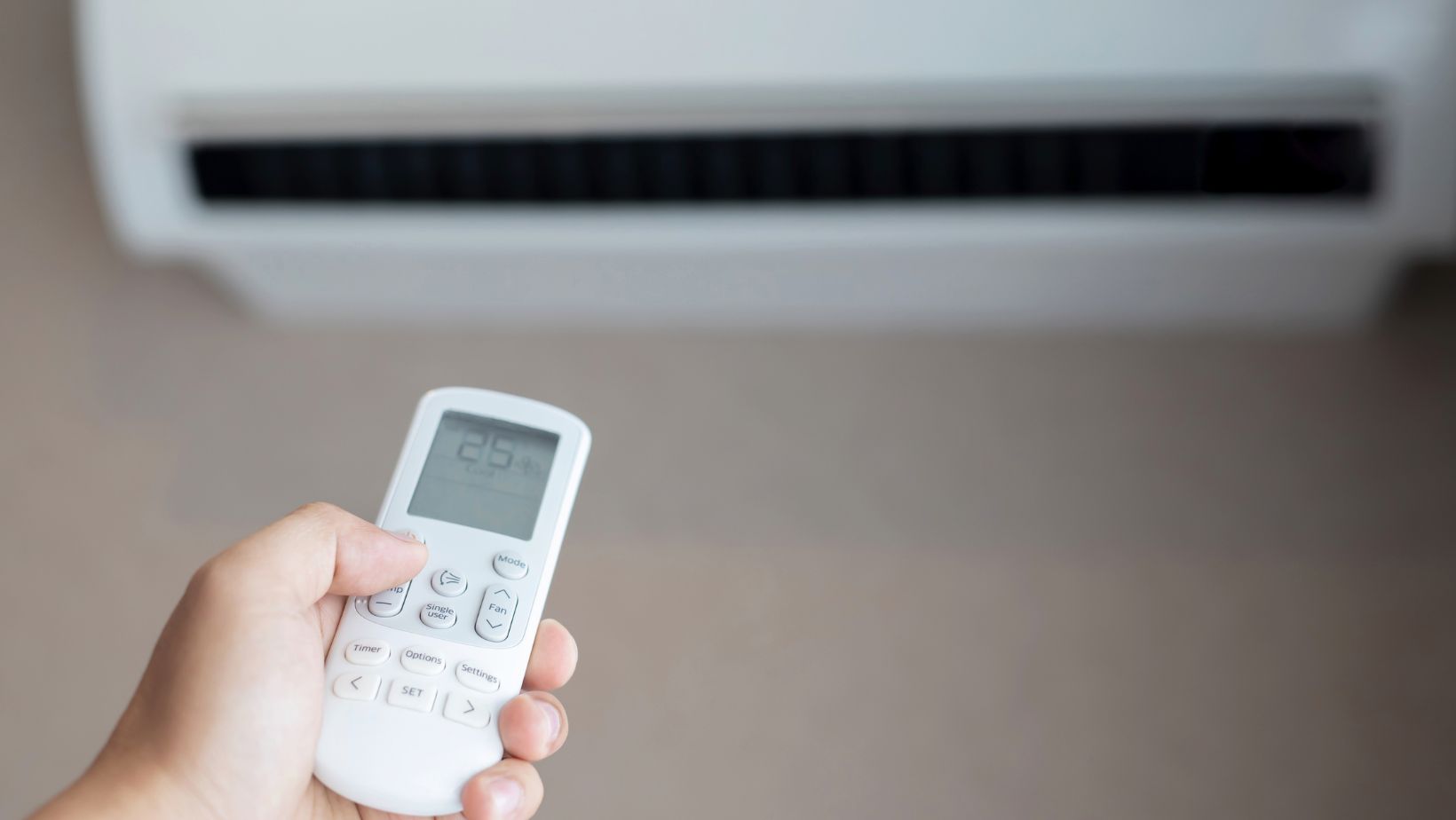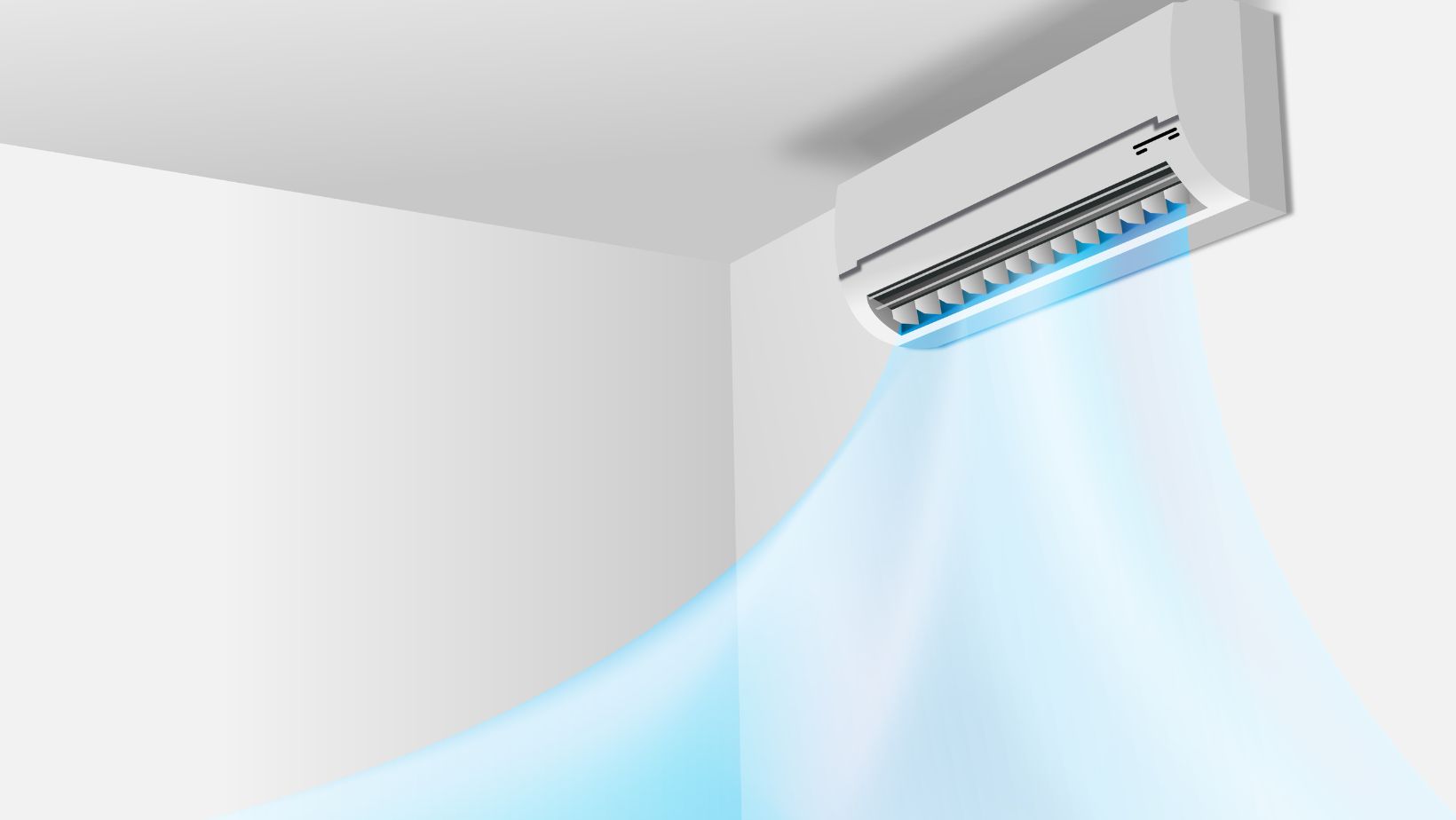
Regular maintenance of an air conditioner (AC) is crucial for ensuring its longevity and optimal performance. An AC tune-up typically involves a comprehensive check of the system, including cleaning of the coils, calibration of the thermostat, inspection of the refrigerant levels, and examination of the electrical systems. This regular inspection aims to keep the AC running at peak performance, thus maintaining energy efficiency and preventing unexpected breakdowns. The time taken to complete a tune-up can vary depending on the complexity of the system and the extent of the required maintenance.
The duration of an AC tune-up is generally about one to two hours. However, it can take longer if issues are detected that need more in-depth attention. Experienced technicians can identify and resolve potential problems that, if unaddressed, could lead to decreased efficiency and increased energy costs. Additionally, they can provide advice on any components that require replacement and forecast when extensive maintenance might be necessary.
Understanding AC Tune-Ups
An AC tune-up is a preventative maintenance process designed to keep an HVAC system operating efficiently and reliably. Key aspects, such as cleaning, inspection, and adjustment of components, ensure peak performance, especially in places with a demanding climate like Houston.
Importance of Regular Maintenance
Regular AC maintenance is essential to prolong the lifespan of an HVAC system and maintain its efficiency. In Houston, AC tune-ups are quite important, given the fact that temperatures often soar; a well-maintained AC unit can lead to significant energy savings and enhanced comfort. House Pro and other HVAC service providers stress the importance of preventative maintenance to avoid costly repairs and ensure systems are ready to handle the intense heat.
Key Components of an AC Tune-Up
During an AC tune-up, several components are meticulously examined and serviced:
- Air Filter: Replacement or cleaning to ensure optimal airflow and air quality.
- Cleaning: Removal of debris from the condenser coil and evaporator coil to facilitate efficient heat transfer.
- Inspection: Examination of electrical connections, thermostat calibration, and refrigerant levels to ensure all systems are functioning correctly.
- Technician: A qualified HVAC technician will carefully evaluate performance, identifying any potential issues before they become major problems.
- Lubrication: Moving parts within the AC unit are lubricated to reduce friction and wear, promoting durability and reliability.
By focusing on these critical areas, an AC tune-up helps maintain the system’s efficiency and prevents unexpected breakdowns. This type of maintenance is particularly beneficial for residents in Houston due to the high demand placed on HVAC systems by the local climate.
Benefits and Outcomes of AC Maintenance
Regular AC maintenance is crucial for ensuring the system operates at peak efficiency and has a prolonged lifespan. It involves checking the condition of the unit, conducting annual tune-ups, and can lead to cost savings on utility bills.
Improving System Efficiency and Performance
Energy Bill Reduction: Regular tune-ups on an AC system can significantly reduce energy bills. A well-maintained cooling system operates more efficiently, using less energy to cool a space. Households in Houston, for instance, could see a noticeable decrease in their monthly utility bills following routine maintenance.

Air Quality Improvement: HVAC contractors during AC tune-ups often examine and clean the ductwork and airflow pathways. This not only improves the overall performance of the AC system but also enhances the air quality within a home.






